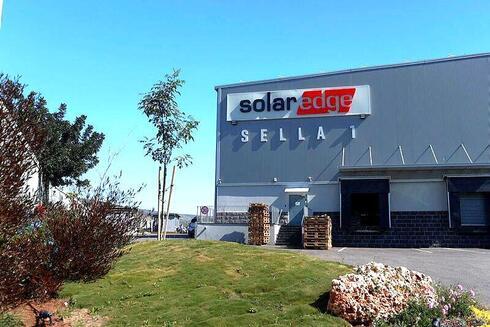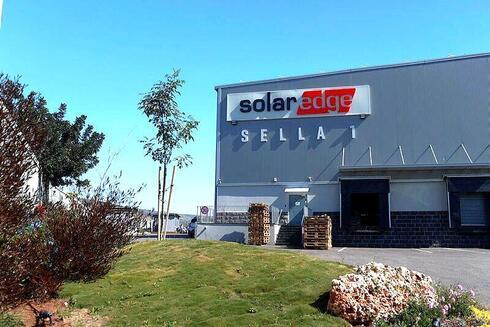
Analysis
SolarEdge’s fourth round of layoffs tests new CEO’s recovery plan
Political changes in the US and Europe could reshape the outlook for the Israeli solar company.
Will the additional wave of layoffs SolarEdge is preparing, following three previous rounds that saw the company cut 1,800 jobs by 2024, succeed in putting the Israeli solar energy company back on a growth path? SolarEdge, which produces management and optimization systems for solar installations, has struggled to regain investor confidence. The layoffs last year failed to reassure the market, and the company's stock plummeted by 80% during that time. Adding to the challenges are shifting political dynamics in the U.S. and Europe, which could complicate its recovery. Former U.S. President Donald Trump, a strong supporter of traditional energy, is returning to office with little enthusiasm for renewable energy initiatives.
SolarEdge currently employs 3,700 people, and although the scope of the planned layoffs has not yet been disclosed, they are expected to be significant, potentially comparable to previous rounds. This comes as the company faces mounting pressure to cut expenses amid declining sales and excess inventory in its key markets, the U.S. and Europe. The layoffs will be the first initiated under new CEO Shuki Nir, who was appointed in December.
The past two years have been particularly challenging for SolarEdge. The solar market has weakened in its two primary regions, and the company has been grappling with significant losses and negative cash flow. Its stock has lost 95% of its value since its peak in the summer of 2022, with a current market cap of $886 million.
The European energy crisis, triggered by the war in Ukraine in early 2022, initially boosted demand for solar installations as electricity prices surged due to restrictions on Russian natural gas. SolarEdge experienced a sharp rise in orders during this period. However, as electricity and natural gas prices stabilized, the anticipated long-term growth in solar adoption failed to materialize. This left SolarEdge with substantial excess inventory and a sharp drop in orders.
By the third quarter of 2024, the company reported revenues of $260.9 million, a 64% decline compared to the same quarter in 2023. In its core solar business, revenues were $247.5 million, representing a 63% year-over-year drop. The company ended the quarter with a $1.2 billion loss, $1 billion of which stemmed from inventory write-downs.
In the U.S., particularly in California, demand for residential solar installations has declined due to a reduction in economic incentives, further exacerbating SolarEdge's challenges.
The company has already undergone significant restructuring to address its crisis. In January 2024, SolarEdge laid off 900 employees, about 16% of its workforce at the time. A second wave in July cut 400 more jobs, half of them in Israel. The strategy behind these layoffs included reducing costs and refocusing on core activities—such as inverters to enhance the efficiency of solar panels and residential installations. In November, the third wave of layoffs included the closure of the energy storage division in South Korea.
Sergey Vastchenok, a senior analyst at Oppenheimer, highlights the political challenges facing SolarEdge and the broader solar industry. “The US is preparing for Donald Trump’s return to the White House, and Trump is far less supportive of renewable energy compared to Joe Biden’s administration. It’s likely we’ll see reduced investments in solar energy in the U.S., which won’t be good for SolarEdge.”
Europe’s shifting political landscape also poses risks. Vastchenok notes, “In the Netherlands, a new government less supportive of renewable energy has led to stagnation in the solar market. Previously, the Netherlands was a key market for renewables, but 2024 saw minimal growth.”
Germany could face similar challenges, he adds: “The Netherlands and Germany have been Europe’s leaders in renewable energy investments. However, with upcoming elections in Germany and the declining influence of the Greens in parliament, there’s uncertainty about the future. If the Greens are excluded from the coalition, it could harm Germany’s solar market, mirroring the Netherlands’ experience.”
Nevertheless, Vastchenok tempers his concerns by suggesting that the political risks may already be priced into SolarEdge’s stock. “The company’s stock has already fallen dramatically over the past year, so it’s possible these political changes are factored into the current valuation.”














